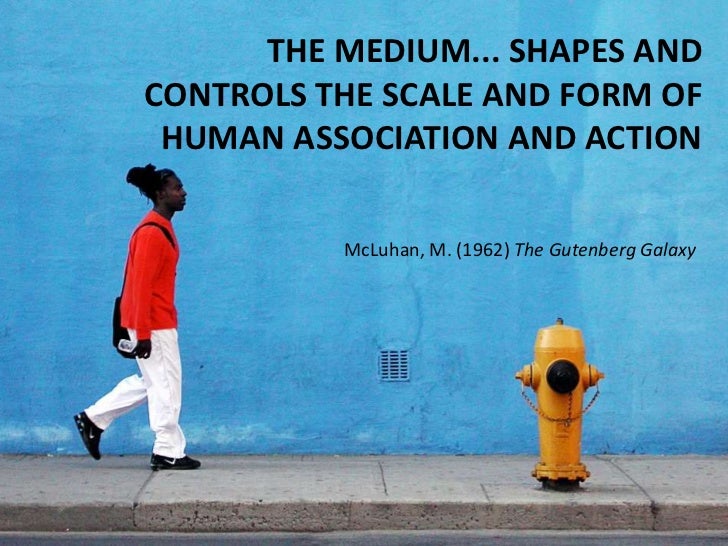
The media is full of ‘exciting’ news: elections and polling, the life and crimes of the chief minister of a state etc. Other important pieces of news are lost in this mire of “less” relevant news.
Is there any lesson to be learnt from this?
Media, its role and responsibility has been questioned. Who is the media working for? Who is it responsible to? What role should it play in society?
Media is to provide accurate and unbiased information to the citizens or the public without having any political or commercial interests. So in other words, it is only a means to an end. The public is to be served to complete their needs for information and knowledge but in no way is the media to add its own colour to any existing issues. The concept of unbiasedness is of prime importance.
But in today’s scenario this very role of media is under question. In India commercial and political considerations are undermining the integrity of the media. Personal gain and profits are the overriding factor in policy decision-making of most media houses. Each media vehicle, be it a TV channel, a newspaper or a magazine, is but a commodity or a product for the owner.
What do we do with products? We market them.
We follow the tenets of marketing and promote it like any product or brand. For this we have to understand the tastes and preferences of the consumer and fit the product into theirs likes and dislikes. Our product has to sell any way whichever.
This has changed the face of the integrity and ethics of the media. In getting more popular and in trying to be the favourite with the audience, most media are structuring themselves differently. The prime consideration is attracting eyeballs which in other words are terms like TRPs, readership, viewership, or listenership. In trying to reach higher in the preference rating of the user, the ‘unbiased’ criteria is quite often lost.
Media will show what it thinks will be liked or what is sensational and will excite people. It may not necessarily be 100% relevant or of prime importance. Other more urgent but less popular messages can get neglected or overlooked because they may not ‘sell’. Also the colour given to the information and news may not be accurate and may be actually harming the interests of some important sections of people.
So the role of media is changing.
It is no more for disseminating information and knowledge in a fair and balanced manner but it is reaching out to the people in society for winning a personal race.
There are hundreds of TV channels, thousands of publications in the media environment today. How do they remain in business and how do they ensure that their commercial interests are safe? The answer to that is that they give in to the pressures of the business and start running the race of becoming the number one. Setting ethics and integrity aside they need to have political affiliation and support and need to be exciting and sensational to remain running in the race, let alone winning it.
This is one of the greatest risks to the integrity of the media. They work with a different set of values and have a different objective to achieve – very different from the original responsibility assigned to it.
This is why the media was reporting the latest onsite developments in the political arena and making entertainment out of it and other things were relegated to a less urgent position. The role of media and its integrity is sure changing.
Ms Simrat Gulati is a faculty member at IIMM, Delhi. She teaches Advertising and Public Relations.
